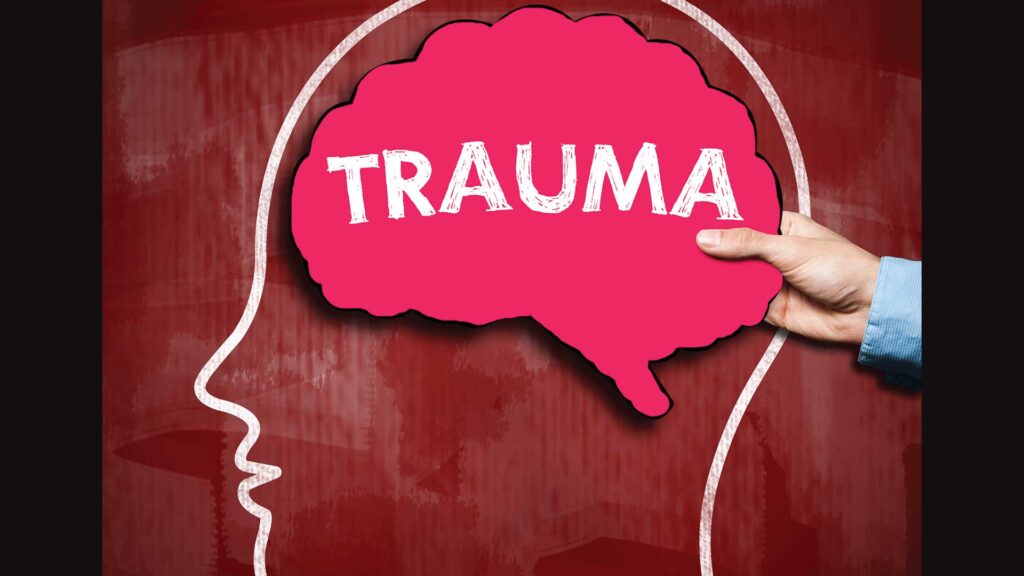Trauma profoundly affects mental and emotional well-being, leaving lasting imprints on the brain. Key brain regions impacted by trauma include:
Amygdala: Hyperactivity in the amygdala leads to heightened emotional reactivity and difficulty regulating emotions effectively.
Hippocampus: Trauma can reduce hippocampal volume, causing memory disruptions like fragmented memories and difficulty recalling details of traumatic events.
Prefrontal Cortex: Traumatic experiences impair cognitive functions, such as decision-making, impulse control, and emotional regulation.
Neuroplasticity: Prolonged trauma induces structural changes in the brain, affecting neural connectivity and creating a state of heightened vigilance.
Tips on handling Impact of trauma on the brain:
- Practice self Compassion and self care to promote healing.
- Seek professional help, a therapist or mental health professional who specializes in trauma.
- Connect with supportive Individuals(family, friends, or support groups).
- Practice grounding exercises like deep breathing, mindfulness to help regulate emotions.
- Establish a daily routine to reduce anxiety and for stability.
- Use creative outlets for self-expression such as journaling, arts, music, dance to express emotions and process trauma in a therapeutic way.
By acknowledging the complexities of trauma’s influence on the brain, we can effectively support individuals on their healing journey.


